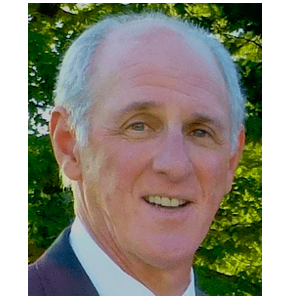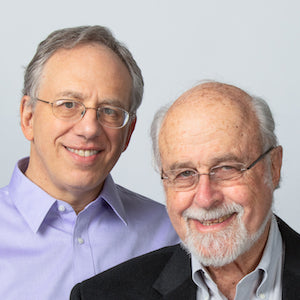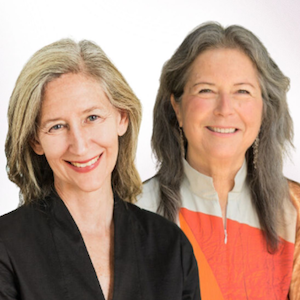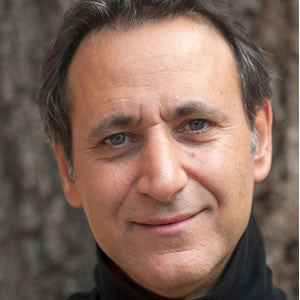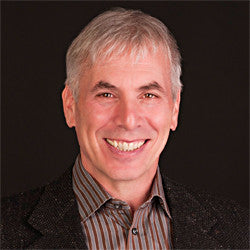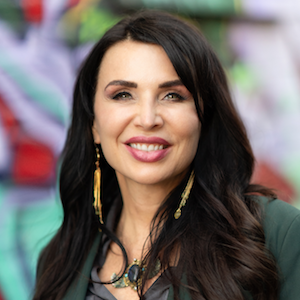Changing Our Brain For Resilience with Rick Hanson, Ph.D.
Product Tags
- brain
- brain science
- calm
- calmness
- desire
- developmental psychology
- dopamine
- empathic
- empathy
- Forrest Hanson
- Foundations of Well-Being
- generosity
- Health & Healing
- liking something
- mirror neurons
- motivation
- motivational brain circuit
- neurochemicals
- neuropsychology
- neuroscience
- persistence
- Personal Transformation
- Psychology
- resilience
- resilient
- resistance
- Rick Hanson
- Science
- Self Help
- wanting something


